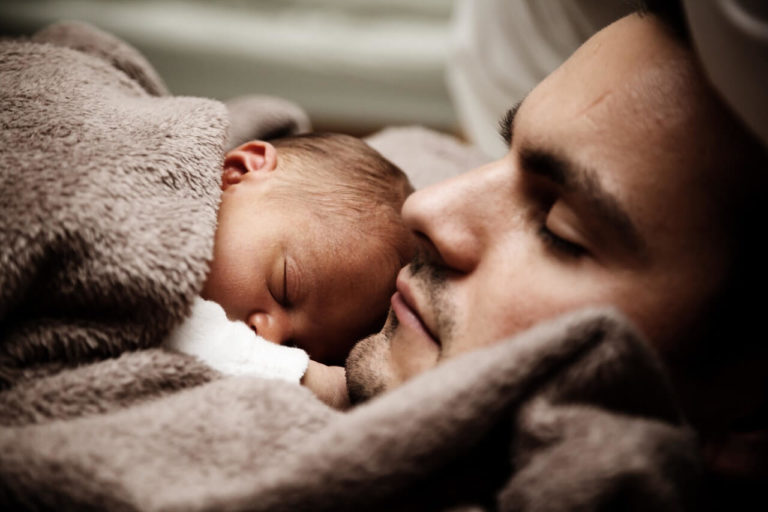

IMPORTANCE OF PARENTAL COUNSELLING

Right from the moment you tell your friends and family about your pregnancy, little hints keep coming your way on parenting your unborn child! Though parenting is one of the most rewarding experiences of life, it’s also very tiring and time-consuming. Aside from tending to the daily needs of the child, parents are also responsible for helping their children develop social skills, life skills and appropriate behaviour. Since each child is unique in their personalities, there is no ‘one size fits all’ as far as child-rearing is concerned. This might lead to confusion in parents and make them feel overwhelmed.
Since everyone has contradicting pieces of advice to give, the best option is to turn to the paediatrician depending on the age of the child or to therapists and other health professionals for professional advice and counselling. Mental health professionals and child psychologists usually counsel parents that there is no specific remedy for particular behaviours and difficult situations, and they need to keep trying different methods to get their child to behave responsibly.
If the child happens to be mentally or physically challenged, the situation can become even more taxing on one or both of the parents, sometimes even leading to rifts between the parents as it can get really stressful. Parents will need counselling at this stage not only on proper caring for their child but also on ways to cope with their own lives while taking responsible care of their challenged child. The parents end up going through a wide variety of emotional and psychological problems, especially disappointed when they first realize that their child is not normal and has physical or mental issues. Continuous counselling of the parents is crucial as they learn to cope with their personal inadequacies and their feelings of guilt and stress. Psychologists have found that parents become disunited and fail to communicate properly with one another, thereby sending confusing messages to an already disturbed child. Specialists, therefore, lay emphasis on a mutually acceptable plan of adjustment as well as cohesive parenting; this would make it easier for the child to cope positively with the outside world too.
Children tend to ape their parents and the views that are thrown around the home; this makes it imperative that the use of strong language or derisive views on different ethnic groups or religions be spoken with extreme caution as children tend to imbibe all that their parents say. Therapists advise parents to create positive homes where a neutral attitude is taken toward all individuals and genders so that the upcoming generation would be a more accommodating one.
One day these children will leave home and go on to build lives for themselves. Sometimes extremely emotional parents have to be counselled to stop being possessive over them, to let go and provide them with enough independence and basic skills during their early years instead, so that they are not left out on a leg suddenly when it’s time to leave the nest.














